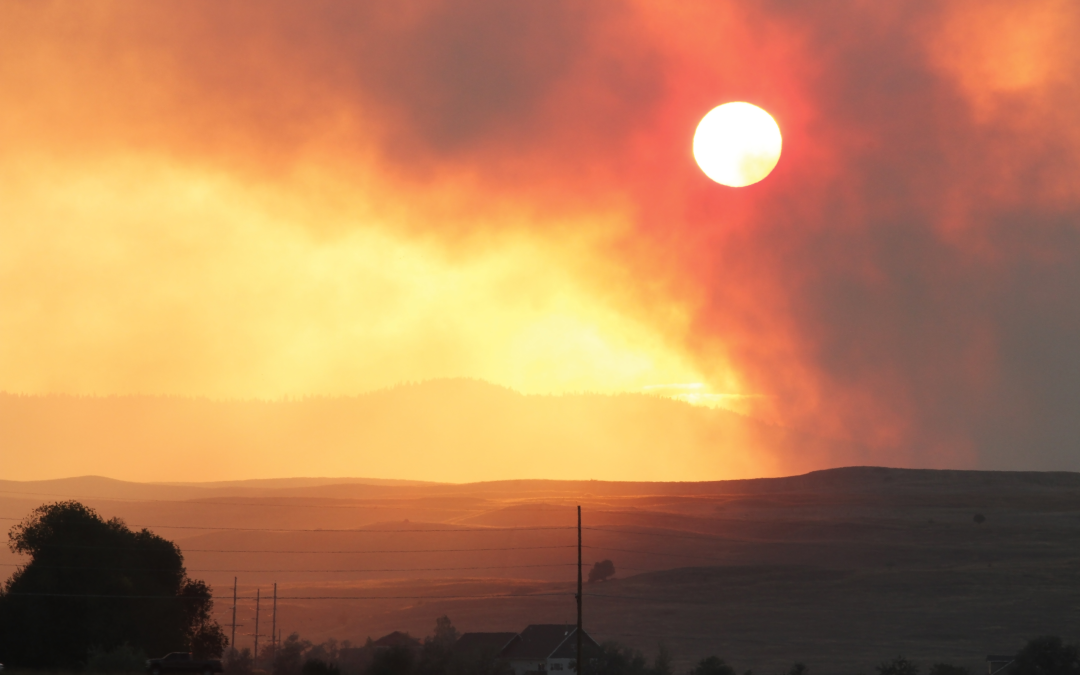With the increase in wildfires which impact seasonal air quality, Washington State recently implemented new rules to protect outdoor workers from the dangers of wildfire smoke exposure. These rules represent a broader national trend toward addressing environmental hazards in the workplace.
What Employers Need to Know
Under the new Washington State Department of Labor & Industries (L&I) rules, employers with employees working outdoors must take specific steps when air quality deteriorates due to wildfire smoke. The regulation applies to all employers whose employees perform work outdoors where PM2.5 (fine particulate matter) from wildfire smoke is present.
Key Requirements Include:
- Air Quality Monitoring: Employers must monitor air quality conditions before and during outdoor work using credible sources such as EPA’s AirNow or L&I’s tools.
- Exposure Thresholds: Actions to protect employees must be taken when the Air Quality Index (AQI) reaches 69 or higher.
- Communication & Training: Employers must inform employees about air quality hazards, how to recognize symptoms of smoke exposure, and steps to reduce risk.
- Control Measures: When feasible, employers must reduce exposure through methods like rescheduling, relocating work, or providing rest breaks in filtered air locations.
- Respiratory Protection: At certain AQI levels, employers are required to provide N95 respirators for voluntary use, and at higher thresholds, usage may become mandatory. These masks can be hard to come by during fires so it is important to ensure you prepare early.
- Accident Prevention Plan (APP): A written Wildfire Smoke Response Plan must also be included in the APP.
A Growing National Trend
Washington’s rule is part of a growing movement among states to codify protections for various health risks, particularly those caused by wildfire smoke. California and Oregon have already adopted similar wildfire smoke regulations, and Colorado is considering its own rules. Even states not historically impacted by wildfires are starting to prepare policies around heat, air quality, and environmental exposure, recognizing the long-term impact of these emerging risks on worker safety.
What Employers Should Do
It seems more and more common for Washington to experience “smoke season”. If your workforce includes outdoor employees including in construction, landscaping, agriculture, logistics, delivery, or other field-based roles, now is the time to take action and ensure you are prepared. Failure to comply could result in citations, but more importantly, it increases the risk to employee health during wildfire season, which is now a regular part of the year in Washington and beyond.
If you have questions or need support on creating a wildfire smoke plan, reach out for more information.

